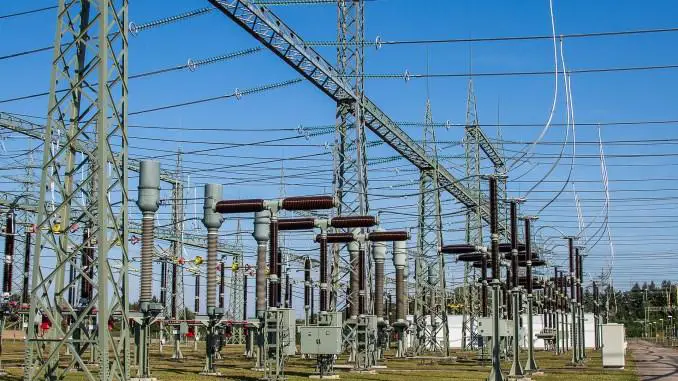- Utility Kenya Power has started implementing the fourth phase of the Last Mile Connectivity Programme (LMCP) which will benefit an additional 280,473 Kenyan households.
- The company has invited bids for turnkey contractors, who will undertake the electrification
project in 32 counties in Kenya at a total cost of $193 million. - This phase will see deployment of 940 new transformers, maximisation of 3,735 existing transformers, and set up of associated power lines target counties.
Kenya Power has started preparations to implement the fourth phase of the Last Mile Connectivity Programme (LMCP), which will benefit an additional 280,473 Kenyan households.
The utility has invited bids for turnkey contractors who will undertake the electrification project in 32 counties at a total cost of $193 million. This phase of the LMCP project will entail the installation of 940 new transformers, and maximisation of 3,735 existing transformers. Further, target zones will benefit from the set up of associated power lines.
The project will start in November this year. And it will be fully funded by the Agence Française de Dévelopement, the European Union, and the European Investment Bank (EIB).
Kenya Power accelerating universal electricity access
The LMCP is a government flagship project that was initiated in 2015. The plan was aimed at providing affordable power in rural and peri-urban areas. Further, LMCP seeks to accelerate universal electricity access to drive social economic growth in line with Kenya’s 2030 growth blueprint.
LMCP is also aligned with UN’s Sustainable Development Goal (SDG) No. 7 which seeks to provide clean and affordable energy for all.
Over one million Kenyan households were connected to electricity under the first three phases of the programme. The Government, the African Development Bank (AfDB) and the World Bank financed the first phase.
Read also: Ex-IMF economist a heartbeat away from Central Bank of Kenya top job
In Kenya, over 75 percent of the population can now access electricity. This is a steady surge from a low of 29 percent in 2012. The rapid rise is attributable to rapid expansion of Kenya’s electricity network through LMCP. As a result, Kenya now ranks among the world’s top countries in electricity connection growth rate.
A Project Impact Evaluation on LMCP by AfDB shows 83 percent increase in the use of electricity for lighting. Additionally, access to electricity, according to the survey, has increased the probability of children studying at night by 45 percent.
Access to electricity in schools
Access to electricity in schools is now paying dividend. Latest data shows that examination grades for secondary school children have improved by 34 percent. Similarly, the use of electricity for agricultural activities such as irrigation went up by 17 percent.
Kenya Power financial disclosures indicate positive gains from the project on the company’s bottom line. Electricity sales to new customers connected under LMCP over four years have crossed $8 million. In the period under focus, Kenya Power sold 53.08GHrs worth of electricity to new customers.
The utility aims to further stimulate energy demand among small scale entrepreneurs and domestic customer segments through demand-side initiatives to promote the productive use of electricity and electric cooking to support the country’s energy transition agenda of transitioning to 100 clean energy by 2030.
